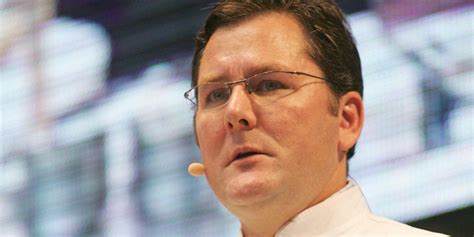A Quote by Marion Cotillard
I don't think you learn how to act. You learn how to use your emotions and feelings.
Related Quotes
Success is a learnable skill. You can learn to succeed at anything. If you want to be a great golfer, you can learn how to do it. If you want to be a great piano player, you can learn how to do it. If you want to be truly happy, you can learn how to do it. If you want to be rich, you can learn how to do it. It doesn't matter where you are right now. It doesn't matter where you're starting from. What matters is that you are willing to learn.
Even my colleagues don't read classic criticism. And my feeling is that if you don't do that then you're not really practicing your craft. That's how you learn how to do it. You don't learn how to write about jazz just from listening to jazz. You learn how to write by reading the great writers and how they worked, the great music critics.
To me, the newspaper business was a way to learn about life and how things worked in the real world and how people spoke. You learn all the skills - you learn to listen, you learn to take notes - everything you use later as a novelist was valuable training in the newspaper world. But I always wanted to write novels.
You go out into the world, you read everything you can read, you imitate the things you love, and you learn how hard it is to do. Eventually, you learn your own vision of the world, you learn your own voice and how to hear it, and you learn to write your own work. Writers today have as many opportunities as my generation did, but they don't see the examples as clearly as we did.
You learn from music, from watching great athletes at work - how disciplined they are, how they move. You learn these things by watching a shortstop at work, how he concentrates on one thing at a time. You learn from classic music, from the blues and jazz, from bluegrass. From all this, you learn how to sustain a great line without bringing in unnecessary words.




































